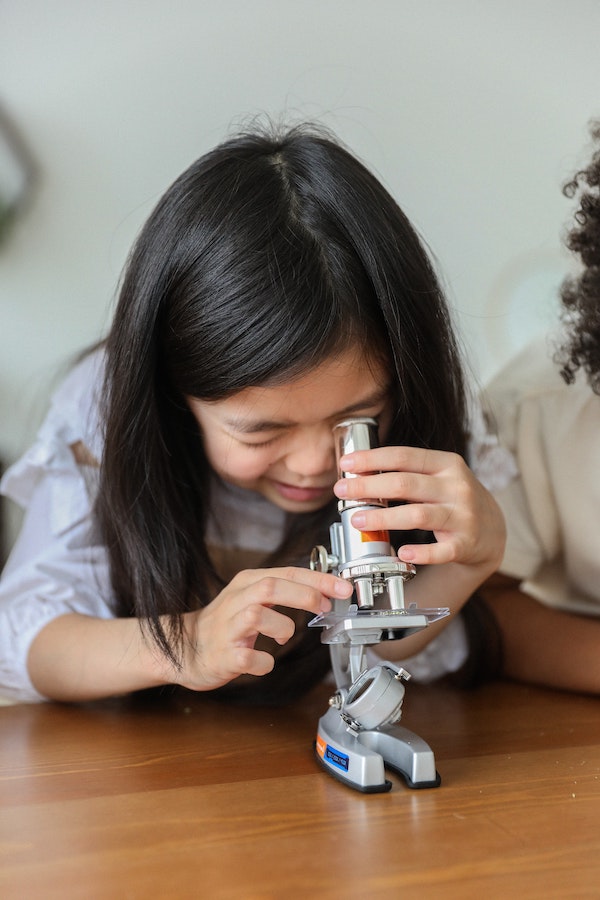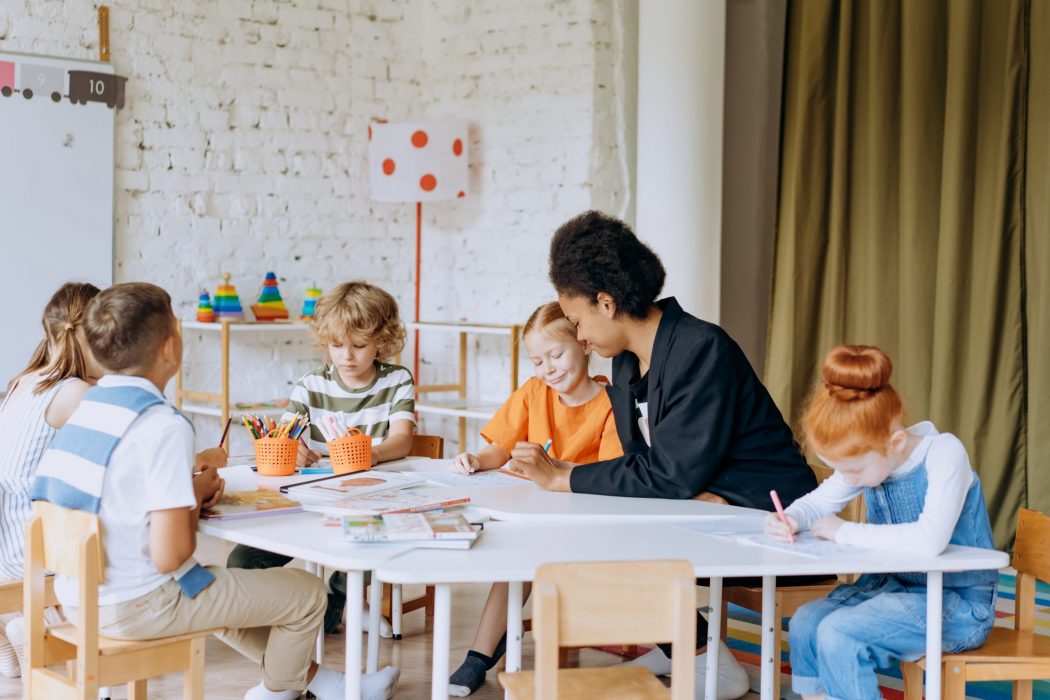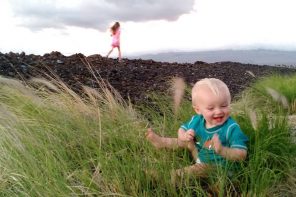I’m the dad of six children aged 3-13. WOW! When did that happen?
When I think about the future of my kids, one thing that consistently comes up is training them up during the years I have them in my home. Their biblical, moral and intellectual education. I want them to fall in love with learning. I want them to grasp the stunning beauty of nature and get excited about creating. Since our Creator did so much well in setting up the universe, laying out the celestial schedules, patterning biology to flourish, then I want them to reflect that understanding in their creative life journeys.
Below is a guest post by mightymoms.net giving ideas to supplement your kid’s education so that they can understand challenging school subjects. We hope you enjoy it!
Today, school teachers often teach uniformly and have dozens of students to keep tabs on. Problem children in schools can drain teachers and staff such that learning the wonder of our world is lessened. Parents who send their kids to school, and even homeschool parents, have the opportunity to help their kids understand difficult subjects outside the classroom. They can take the reins and help their kids learn in ways that are best suited to them, whether that’s visual learning, hands-on approaches, or practical application. Here are a few ways to enhance your child’s learning in different subjects.
Managing Math
According to Scholastic, mathematics can be a tricky subject for many people, but there are ways to teach practical math skills outside the classroom that can make school work less arduous. For example, kids can learn math skills by gardening, calculating space needed for the growth of different plants and flowers; a chore chart and corresponding allowance can help strengthen money management and budgeting skills, especially when implemented with a savings strategy or commitment to tithing. Kids can also learn basic math concepts through educational video games, thus, using a creative way to disguise learning as fun!
Promoting Scientific Discovery
 There are numerous ways for kids to harness their scientific curiosity outside the classroom. Mommy Poppins recommends kitchen table science experiments, like building a potato clock, designing a volcano, or looking at mold spores under a microscope. Kids can learn about the natural world by identifying local flora and fauna on a nature walk, taking pictures of birds and learning about their habitats, or going to a natural history museum and not only exploring exhibits, but reading the placards that offer compelling insights. Caring for pets can also teach solid science skills.
There are numerous ways for kids to harness their scientific curiosity outside the classroom. Mommy Poppins recommends kitchen table science experiments, like building a potato clock, designing a volcano, or looking at mold spores under a microscope. Kids can learn about the natural world by identifying local flora and fauna on a nature walk, taking pictures of birds and learning about their habitats, or going to a natural history museum and not only exploring exhibits, but reading the placards that offer compelling insights. Caring for pets can also teach solid science skills.
Reading And Writing
Help your kids develop a love of reading by helping them select books that pique their unique interests. Read as a family, incorporate spiritual literature if you like, and have discussions after the fact to encourage critical thinking and analysis. Encourage kids to write stories, to interview older relatives and record their conversations, or explore a subject of interest by conducting research. Reading to others in a volunteer capacity – whether visiting people in assisted living or reading to younger siblings – can foster a sense of connection.
Encourage Creativity
You can encourage development of the creative side of your child’s brain by promoting a love of music, art, and creative pursuits. Enroll in a local art class, invest in crafting supplies, or support playing a musical instrument. Perhaps you can help your child make something with their hands, like a chessboard, and then teach them how to play the game as a way to promote strategic thinking. If cooking is a family event, learning new recipes, shopping for ingredients, measuring and following a recipe can all be learning experiences.
Embrace Immersive Learning
Sometimes the best path to learning is via total immersion in a subject. Maybe that involves attending a language camp or participating in a mission trip to a foreign land. Kids can be sponges when it comes to learning, and can often pick things up just by being involved. Make a point to travel to new places, try new foods, listen to unfamiliar music, and meet people from all different backgrounds. Not only does this help provide a broad education, it also leads to well-rounded kids who are respectful of the differences in the world around them.
Model Lifelong Learning
 Kids often emulate the adults around them, and as such, modeling a commitment to lifelong learning can have a positive impact, as well as encourage kids to embrace learning along the life spectrum. Consider continuing your own education, whether that involves ongoing training and professional development, or even returning to higher education for an advanced degree. Pursuing a degree in education, for example, can provide you with new marketable skill sets while also modeling good learning behaviors for your kids.
Kids often emulate the adults around them, and as such, modeling a commitment to lifelong learning can have a positive impact, as well as encourage kids to embrace learning along the life spectrum. Consider continuing your own education, whether that involves ongoing training and professional development, or even returning to higher education for an advanced degree. Pursuing a degree in education, for example, can provide you with new marketable skill sets while also modeling good learning behaviors for your kids.
Learning is a great way to celebrate the Lord. As Luke 2:40 states, “The Child continued to grow and become strong, increasing in wisdom; and the grace of God was upon Him.”
Why Be Merely Human offers tips and insights into living, learning, loving, and worshiping together as a family. With powerful articles and access to resources, the blog serves as an inspiration to those looking to empower their families.
Emily Graham is the creator of Mighty Moms. She believes being a mom is one of the hardest jobs around and wanted to create a support system for moms from all walks of life. On her site, she offers a wide range of info tailored for busy moms —from how to reduce stress to creative ways to spend time together as a family.
Thank you, Emily from mightymoms.net for your guest article on supplemental learning for our children!






I enjoyed this ‘blog’ about helping kids learn. You and Stacey are doing such a commendable job with all realms of my grandkids’ learning—traditional subjects, social awareness, sibling interactions, etc. THANKS!!
^^ There’s no more needed or rewarding pursuit in my humble opinion.